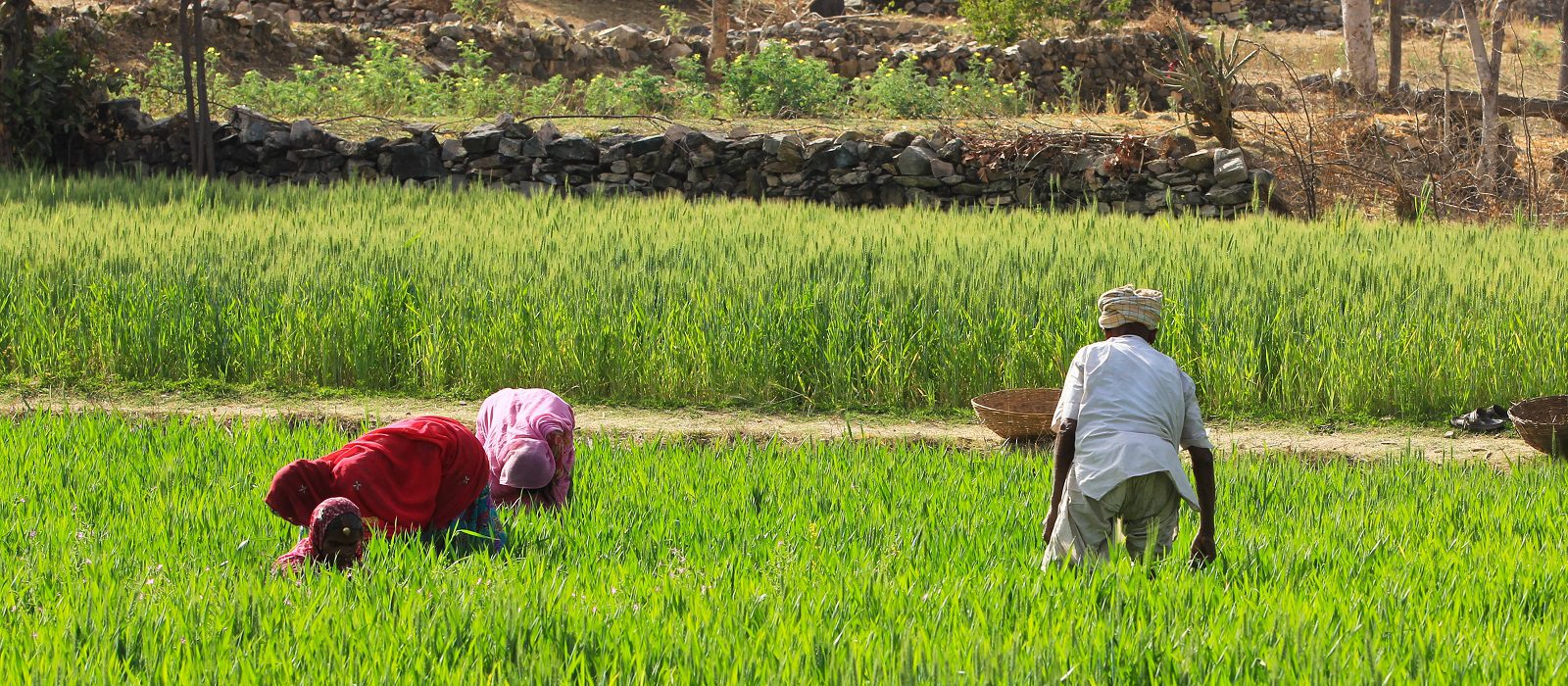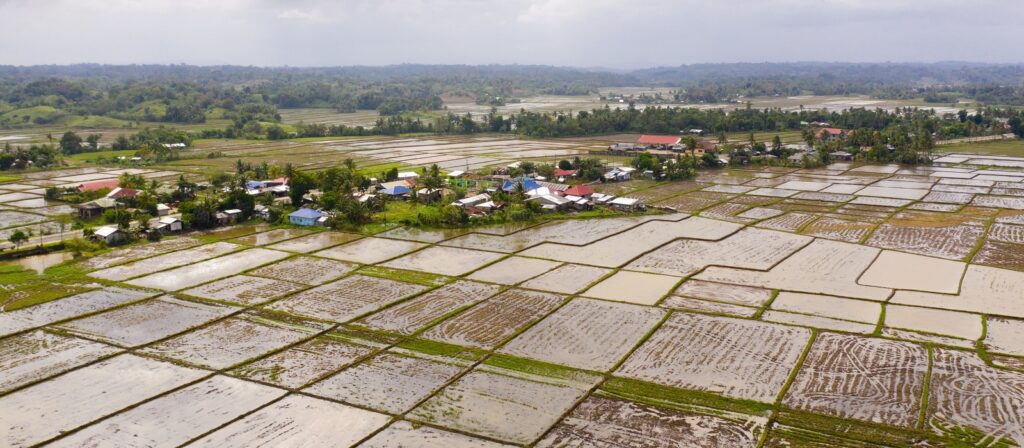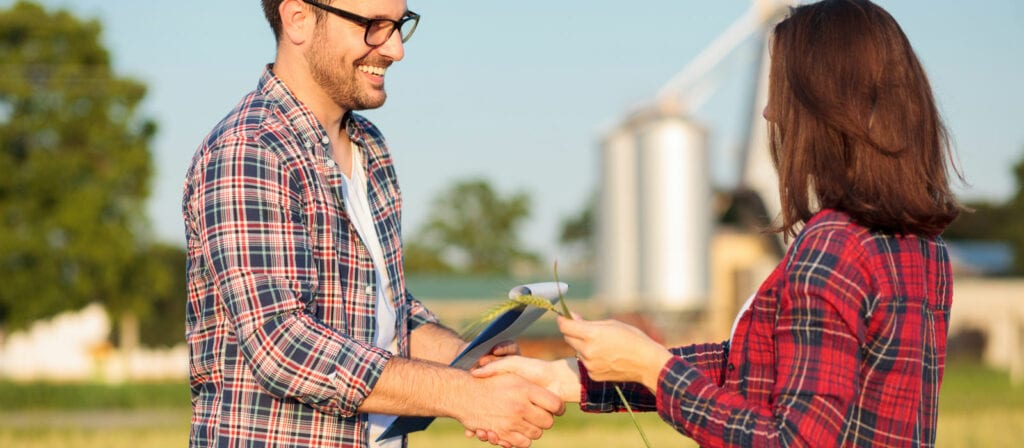ICMIF member and insurtech start-up, IBISA (Luxembourg), has raised a EUR 1.5m seed round led by Insurtech Gateway. This will be used to expand their presence in existing markets and expand to new ones. IBISA hopes its innovative approach to insurance is about to revolutionise how the global agricultural ecosystem manages climate risk.
IBISA develops climate insurance products for the agriculture industry, specifically smallholders in emerging economies. These farmers struggle to access, or afford, traditional insurance products and therefore have no way of managing risk. As the effects of climate change are becoming more evident, with extreme weather events the new normal, it’s more important than ever for farmers to find ways of protecting themselves, and the entire food ecosystem. Yet, 98% of farms in emerging economies have no insurance.
A game changing solution for agricultural insurance
According to Insurtech Gateway Co-Founder, Stephen Brittain, “historically, microinsurance was not commercially viable due to many reasons such as low premiums, expensive claims handling, challenging distribution and a lack of trust.” IBISA, however, uses blockchain technology and satellite data to develop affordable insurance products for smallholder farms.
They do this in three ways. Firstly, by using satellite data to build products for extreme weather events, such as drought, excess rain and cyclones. The majority of the Earth Observation data used comes from the European Space Agency’s Copernicus programme. Secondly, IBISA provides a platform that enables a cost-effective way for local insurance providers to distribute and operate insurance products. And finally, they provide the actuarial technology itself.
IBISA Co-founder and CEO, Maria Mateo, was inspired to set up the company because of her family background. “I come from an agricultural family and have faced unpredictable weather events first-hand. After 15 years of working in the satellite industry and with the current state of technologies like remote sensing and blockchain, I saw the opportunity to transform agriculture insurance for the better.”
Along with her co-founders, who have a background in insurance, she has been able to develop a game-changing solution for small scale farming.
Solutions target small scale farming in emerging markets
The start-up is currently operational in two markets: India and the Philippines, both of which are impacted by extreme weather events. In these two markets, IBISA is working with other ICMIF members, CLIMBS in the Philippines and the DHAN Foundation and IFFCO-TOKIO in India. Small scale farming is much more prevalent in these regions than in Europe, the US and other developed economies and it’s harder to build traditional insurance products for them. Yet it’s these farmers who need it the most. On the plus side, fewer regulatory barriers for insurtech, compared to places like the EU, have made it easier to launch innovative insurance products.
The biggest challenge they face in these regions, though, is convincing small farmers of the value of insurance. Until now, many have never paid for insurance, making it a hard sell. As Mateo points out, “when you get a loan, you have the money in your pocket right away. But insurance only pays out when you have a problem. And, hopefully, this doesn’t happen every year”. To build trust, IBISA works with local trusted organisations who are directly connected with these farmers.
To date, IBISA has seen real success in these regions. They are working across 15 provinces in the Philippines and plan to expand to new provinces in early 2022. In India, they are currently working in two states that include millions of smallholdings, and plan to grow here too. In the long run, they’re looking to break into new markets, and have potential opportunities in West Africa. And, of course, they see opportunities to bring the technology to Europe in the future.
Earlier this year, ICMIF member CLIMBS (Philippines) officially launched an enhanced Weather Protect Insurance product for farmers and agripreneurs with IBISA, Global Parametrics, and CIAT (International Center for Tropical Agriculture). ICMIF also supported the collaboration through the provision of technical assistance.






